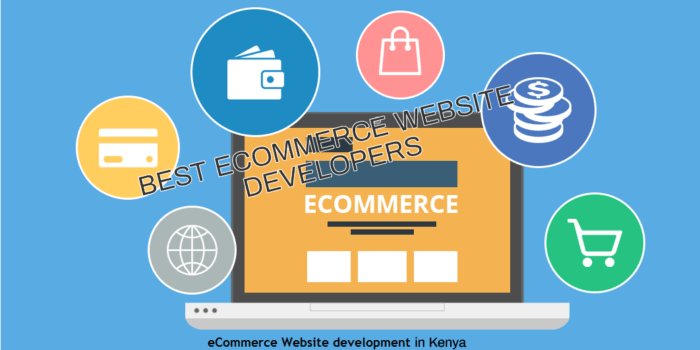In today’s digital age, establishing a strong online presence is crucial for individuals, businesses, and organizations alike. Kenya, known for its vibrant tech scene and innovation, has become a hub for talented web developers, designers, and digital experts known as “Web Wizards.” These skilled professionals possess the unique ability to transform ideas into captivating digital realities that propel businesses forward. In this blog post, we will delve into Kenya’s Web Wizards, their contributions to the digital landscape, and how they help create a thriving online presence for individuals and businesses.
The Rise of Kenya’s Web Wizards:
Kenya has witnessed a remarkable growth in its digital sector over the past decade. This growth has been fueled by the emergence of a highly skilled and creative community of web developers and designers known as Web Wizards. These individuals possess an exceptional understanding of the latest web technologies, design principles, and user experience (UX) best practices. Their technical expertise, combined with a deep understanding of the local market, has enabled them to create impactful online platforms for a diverse range of clients.
Driving Innovation and Creativity:
One of the key strengths of Kenya’s Web Wizards lies in their ability to infuse innovation and creativity into their projects. Whether it’s a website, e-commerce platform, or a mobile application, these professionals strive to deliver unique and visually appealing digital solutions. They understand the importance of capturing the essence of a brand and translating it into a captivating online presence. By leveraging cutting-edge technologies, user-centric design approaches, and incorporating elements of Kenya’s rich culture, Web Wizards bring a distinct flavor to the digital landscape.
Tailored Solutions for a Diverse Market:
Kenya’s Web Wizards recognize the diverse nature of the Kenyan market and cater to the specific needs of various industries and businesses. They possess the expertise to create tailor-made solutions that align with their clients’ goals and target audience. From small businesses and startups to large enterprises, Web Wizards offer scalable and flexible digital solutions that drive growth and engagement. They understand the importance of user experience and ensure that their designs are intuitive, accessible, and optimized for different devices.
Empowering E-commerce and Online Businesses:
E-commerce has experienced tremendous growth in Kenya, fueled by the increased adoption of smartphones and improved internet connectivity. Web Wizards play a vital role in enabling businesses to establish and enhance their online presence. They create user-friendly and secure e-commerce platforms that enable businesses to reach a wider customer base, streamline their operations, and provide a seamless shopping experience. Web Wizards also integrate various payment systems, ensuring secure transactions for both businesses and consumers.
Mobile Applications for Enhanced Accessibility:
With the widespread use of smartphones, mobile applications have become an essential tool for businesses to engage with their customers. Kenya’s Web Wizards excel in developing mobile applications that cater to specific business needs. These apps not only enhance accessibility but also provide additional features such as push notifications, geolocation services, and personalized user experiences. By creating mobile apps that are intuitive and optimized for different platforms, Web Wizards help businesses extend their reach and stay connected with their customers on the go.
Conclusion:
Kenya’s Web Wizards have emerged as an indispensable force in transforming ideas into digital realities for a thriving online presence. With their technical expertise, creative flair, and a deep understanding of the local market, they empower businesses and individuals to establish a strong digital footprint. Through innovative web development, captivating designs, and user-centric experiences, Web Wizards continue to shape Kenya’s digital landscape, contributing to the growth of the country’s economy and digital ecosystem. As Kenya’s tech scene continues to flourish, the influence of these Web Wizards is set to expand, driving innovation and setting new standards in the realm of web development , or facts.














